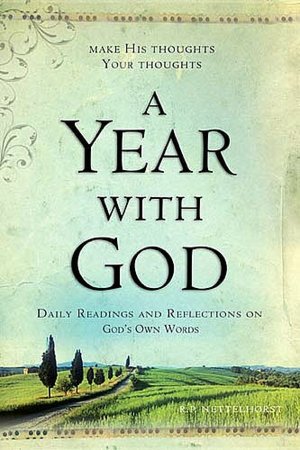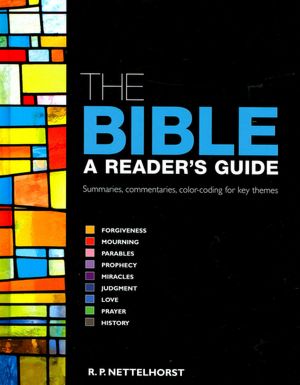Critics of the Bible are odd in their treatment of it, doing things with the text that they would not likely do with other works of literature. Moreover, they tend to read the Bible very naively, accepting the approach used by the most naïve and hateful of fundamentalists. I wonder why they expect the extremists of Christianity to offer them a reasonable look at scripture. Who’s more likely to give an accurate portrayal of Hinduism: Mahatma Gandhi or Hindu nationalists who blow of mosques and murder people? Who’s more likely to give you an accurate portrayal of Islam, a Sufi mystic or the Taliban? And yet, when it comes to the Bible, critics want to interpret it the way slave holders in the old South did, rather than the way the abolitionists or leaders of the civil rights movement approached it. It’s as if they look around at Christianity and decide “Let’s talk to members of Westborough “Baptist” “Church”; they must have the best handle on Christian theology.”
Which side seems more likely to have an accurate concept of the Bible: slavers or those who opposed slavery? Especially when one considers that slavery has been common throughout human history—and it was abolitionists motivated by their faith as Christians who spearheaded first the abolition of the slave trade (such as John Newton, former slaver trader who became a Christian and then Anglican minister, as well as the author of the well-known hymn, Amazing Grace and the MP William Wilberforce) and all the Christians who then sought to end slavery all together. The leaders of the later civil rights movement, such as Martin Luther King, Jr., who practiced peaceful civil disobedience, came out of the church as well.
Something else needs to be pointed out and stressed: the Bible never encourages people to own slaves. It does not tell people “thou shalt own slaves” and it doesn’t tell us that slavery is a good thing or that some people deserve to be slaves or that some people are better than others. Instead, on a regular basis it uses the image of slaves being freed as a metaphor for sinners being rescued from sin and guilt, and being forgiven by God. Consider the story of the Exodus (Israelites rescued from 400 years of slavery in Egypt) and the use of that story in the New Testament to picture redemption (and the common New Testament Greek word used for ‘redemption’ means “to buy from the slave market and set free.”) Consider the theological concept of “salvation history” applied to the story of Israel in the Old Testament (for instance, look at 1 Corinthians 10:1-14 for one of the places Paul made use of the events from the Exodus, comparing the Israelite’s passage through the Red Sea to baptism in verse 2). Consider the story of Hosea buying his wayward prostitute of a wife out of the slave market as a picture of God saving Israel from its bondage to idolatry (Hosea 3).
What the Bible does with slavery is what it does with so many less than good, or even evil things that human beings do: it first regulates it, and then rather consistently teaches—often through story rather than legislative fiat—that it’s wrong. What the Bible does is take people where they are, wherever they are, however awful they are, and then tries to nudge them toward a better place.
 Send to Kindle
Send to Kindle
 A Year With God
A Year With God A Year With Jesus
A Year With Jesus The Bible's Most Fascinating People
The Bible's Most Fascinating People The Bible: A Reader's Guide
The Bible: A Reader's Guide Antediluvian
Antediluvian Inheritance
Inheritance John of the Apocalypse
John of the Apocalypse Somewhere Obscurely
Somewhere Obscurely The Wrong Side of Morning
The Wrong Side of Morning